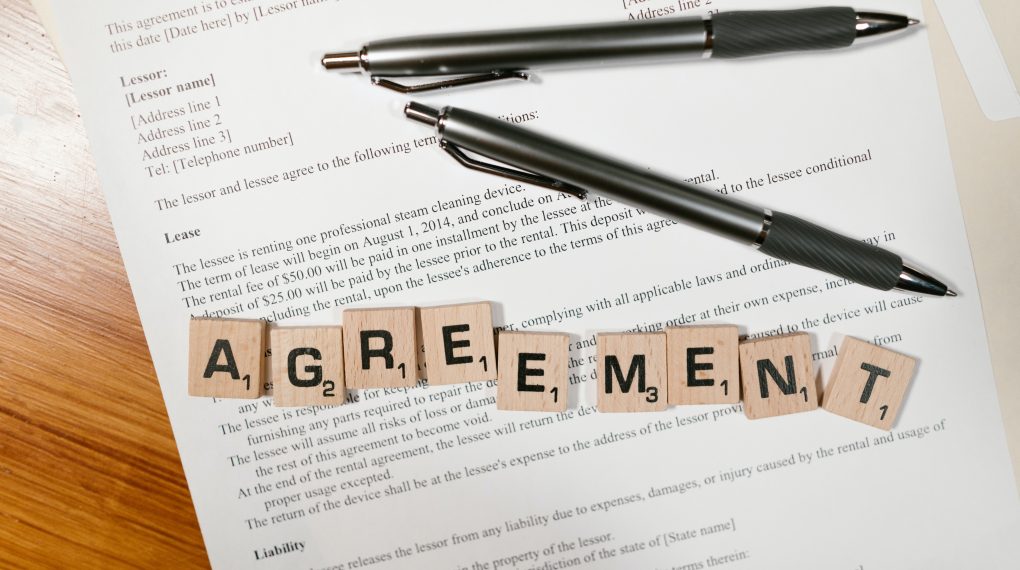
When shopping for a new product, one of the most important decisions you’ll have to make is fund or lease. Although both options have advantages and disadvantages, determining the best choice for you can be difficult. We will explain the differences between finance and lease in this blog post to make an intelligent decision about which alternative is better for you.

Financing your vehicle means borrowing money to purchase it. You make regular loan payments. Leasing a vehicle means borrowing it and making regular payments to the corporation lending it to you.
You own the product with financing. If you fail to make payments, the lending institution will impound the vehicle and recoup what they could not collect from you. The product dealer owns the product when you lease it. If you cannot make payments, the dealership will confiscate the vehicle to recoup what they could not collect from you.
The main distinction between the two is who owns a product. This distinction will influence how you test the product and how you do it at the end of the loan term.
If you own your car, you don’t have to think about annual mileage limits, nor will you have to pay a fee for damage, including such upholstery smudges or paint scratches. You also can sell your car at any time without incurring any penalties. As you pay off your loan, you accumulate equity in your vehicle, using it as a down payment. If you keep your car long enough, you will receive no compensation.
Unlike leasing, when you buy a car, you pay for the vehicle’s total value. That means you get much less car for every dollar you spend in monthly payments than you leased. If you decide to keep your car, you’ll consider repair costs once your warranty runs. When you’re ready to upgrade your vehicle, you’ll have to deal with selling or trying to trade it in. Cars also lose value over time, making each other a poor long-term return on capital.

You own the product if you finance it. When the loan is paid off, you own the product “free and clear” and can continue driving it, resell it, or do whatever you want. The benefit to you is that you own the vehicle and can do whatever you want. The disadvantage for you is that you truly own the product and must now sell it.
The dealership owns the product when you lease it. They want to get the product back in satisfactory condition at the end of the loan term to resell it.
You benefit by paying a minimal fee to drive a lovely new vehicle and not worrying about selling this at the end of the loan. The disadvantage is that the dealership may charge you extra for mileage over a specified annual mileage allowance, or they may charge you to clean and fix the product once you’re finished with it.
Monthly lease payouts are less than mortgage repayments on comparable vehicles over the same period. You can arrange a tenancy agreement with no down payment and pay less in state taxes because you are not purchasing the vehicle.
Furthermore, warranties are frequently for the term of the lease and cover the cost of maintenance.
That implies you can afford a more expensive car without significant maintenance costs.
You don’t have to find an independent body or a local dealer to take your car when your lease expires. Simply hand the keys over to the vendor who leased them to you. Because of this process, it is easier to travel in a newer car.
With a car lease, you give up your freedom. If you exceed the mileage limit, which is usually set at 11,000 to 14,000 miles per year, expect the dealer to charge you 25 cents per mile. If you need to get rid of your car, you will tear your lease early. The dealer may also request that you carry so many vehicles.
If you move from one lease to the next, your car payments will never end. Furthermore, if you choose to keep your car at the termination of the tenancy, you will pay more than if you had decided to buy the car at the time.
Buy a car and pay $400 per month for four years on loan, and you’ll pay $23,000. A lease could reduce your monthly payment to $300, or $18,200 over four years. If you choose to continue your car, you may pay an extra $7,000 in fees. If you take out a loan to cover the $7,000, you’ll have to pay interest.
| Lease | Finance | |
| Down Payments | The first month’s payment, a refundable deposit, a house deposit, taxes, registration, and possibly these fees are usually included. | Include the purchase price or a down payment, Taxation, registration, and other fees. |
| Similarities. | The leasing option is a borrowing method. A lessee chooses to lease a lessor’s estate on behalf of a third party or a customer for a monthly rental rate. That is are supposed to pay for a defined amount of time stated in the contract written and signed. | A financing option is a method through which a making effective decisions on an asset with their choice and uses the instalment option to pay off the payments.The buyer will not be required to make the entire payment at once, and they will be able to clear the overall number by making timely Instalments. |
| Monthly Payments | Lease payments are typically lower than loan (financing) payments. You only pay for the depreciation of a vehicle during the lease period, plus interest, rent charges, taxes, and fees. | Loan payments are typically higher than the leasing payouts because you are paying again for the entire cost of the vehicle. |
| Depreciation | The future price of the car has no bearing on you as the leaseholder, but you also do not receive any—equity from the vehicle. | The vehicle’s value will decline, but the fairness is yours to spend as you see fit. |
| Expensive | Compared to the financing option, The monthly payment for Leasing is less costly. This is undoubted because, in the leasing option, the leasing entity is only made to pay for the asset’s portion. | The monthly payment in financing is higher than in a leasing option. In financing, the buyer pays for the stuffed animal cost as an asset. |
| Ownership | You do not own the car; instead, you pay to use it for a set amount of time. You either come back or buy it at the end of the term. | You own the vehicle and have the right to keep it, use it where you want, for as long as you want, and make any modifications or customisation options. |
It is difficult to answer this question without knowing further about your finances. Of course, that is up to you. If you own your vehicle without worrying about the condition it will be in at the end of the loan, financing may be the way to go. If you want to continually drive the latest vehicle and don’t mind paying a premium if the dealership doesn’t believe the vehicle is in pristine condition, leasing may be the best option. We discussed the distinction between finance and lease in this article. We also supplied a few scenarios to assist you in determining which option is better for you. Follow our blog for more information and advice.